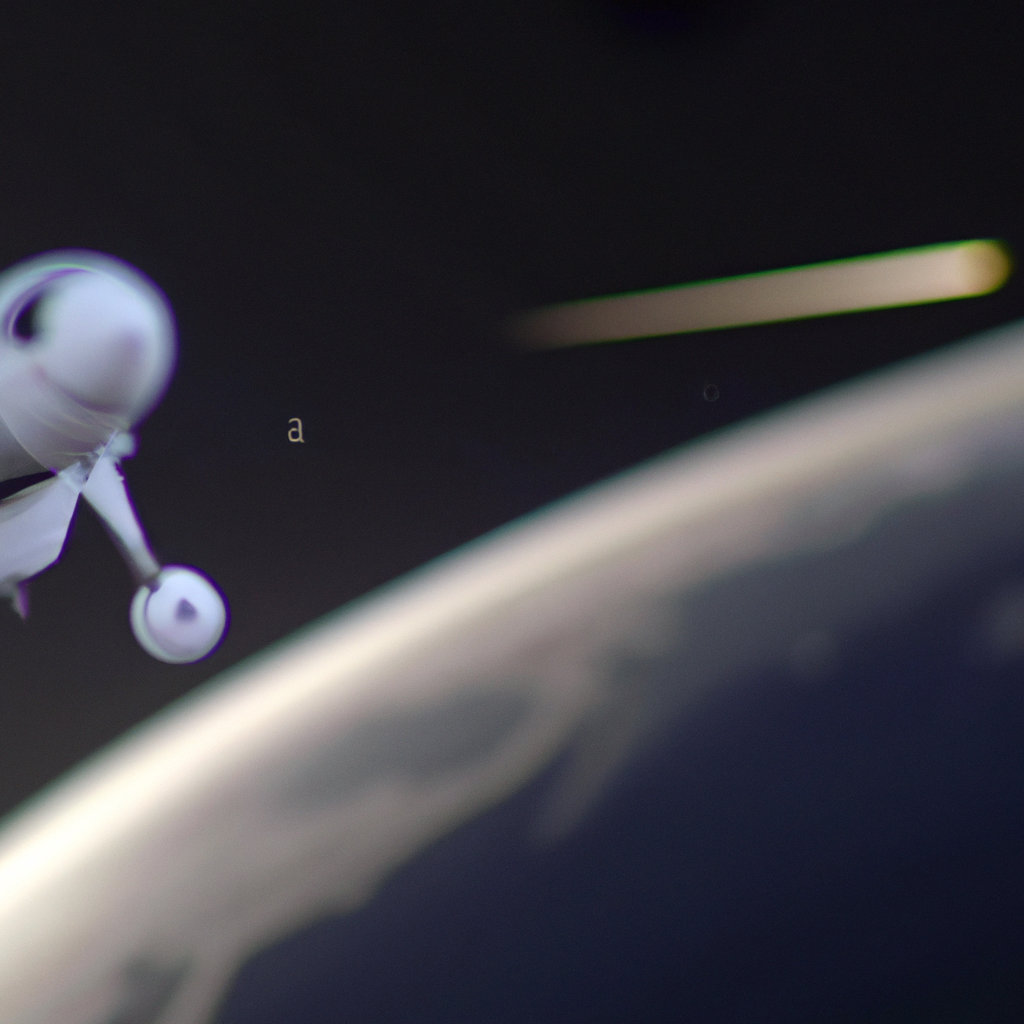Space travel has been a topic of fascination and exploration for humans since the beginning of time. With the advancements in technology and the efforts of space agencies like NASA, space exploration has become a reality. However, with space travel comes the concern of the impact it has on human health. In this article, we will explore the impact of space travel on the human body, including its physiological changes, exposure to radiation, and overall health effects.
Physiological Changes in Space Travel
One of the most significant impacts of space travel on the human body is the physiological changes that occur in microgravity. Microgravity, or zero gravity, is the condition in which objects appear to be weightless. In microgravity, the human body experiences changes in blood circulation, bone density, muscle mass, and overall physical health. Astronauts who spend extended periods in space can lose up to 20% of their muscle mass, and their bones can become weaker due to the lack of weight-bearing exercises.
NASA has implemented various measures to combat the effects of microgravity on the human body. Astronauts are required to exercise for two hours every day to maintain their muscle mass and bone density. They also undergo rigorous physical training before and after space missions to prepare their bodies for the physical demands of space travel.
Exposure to Radiation
Another significant impact of space travel on the human body is exposure to radiation. Space is filled with high-energy particles, including cosmic rays and solar radiation, which can be harmful to the human body. Exposure to radiation can cause DNA damage, which can lead to cancer and other health problems.
NASA has implemented various measures to protect astronauts from exposure to radiation. The International Space Station (ISS) is equipped with radiation shields, and astronauts wear radiation dosimeters to monitor their exposure levels. NASA also limits the amount of time astronauts spend in space to reduce their exposure to radiation.
Overall Health Effects
The impact of space travel on the human body extends beyond physiological changes and exposure to radiation. Space travel can also have psychological effects on astronauts. The isolation, confinement, and stress of space travel can lead to psychological problems such as depression, anxiety, and sleep disorders.
NASA has implemented various measures to address the psychological effects of space travel. Astronauts undergo rigorous psychological training to prepare them for the isolation and confinement of space travel. They also have access to counseling and support services while in space and after their return to Earth.
Conclusion
In conclusion, the impact of space travel on the human body is significant. The physiological changes that occur in microgravity, exposure to radiation, and psychological effects can all have long-term health effects on astronauts. However, NASA has implemented various measures to combat these effects and ensure the health and safety of astronauts during space travel. As space exploration continues to advance, it is essential to continue researching and developing methods to protect the health of astronauts and ensure the success of space missions.







